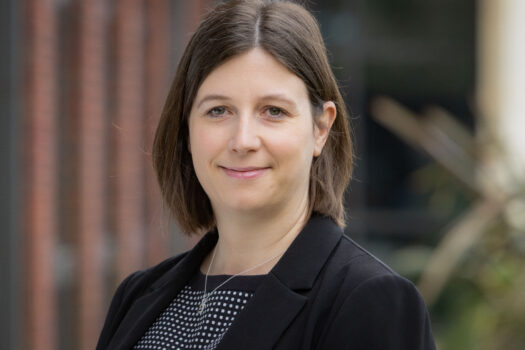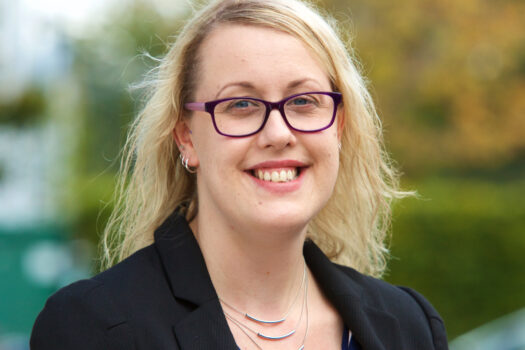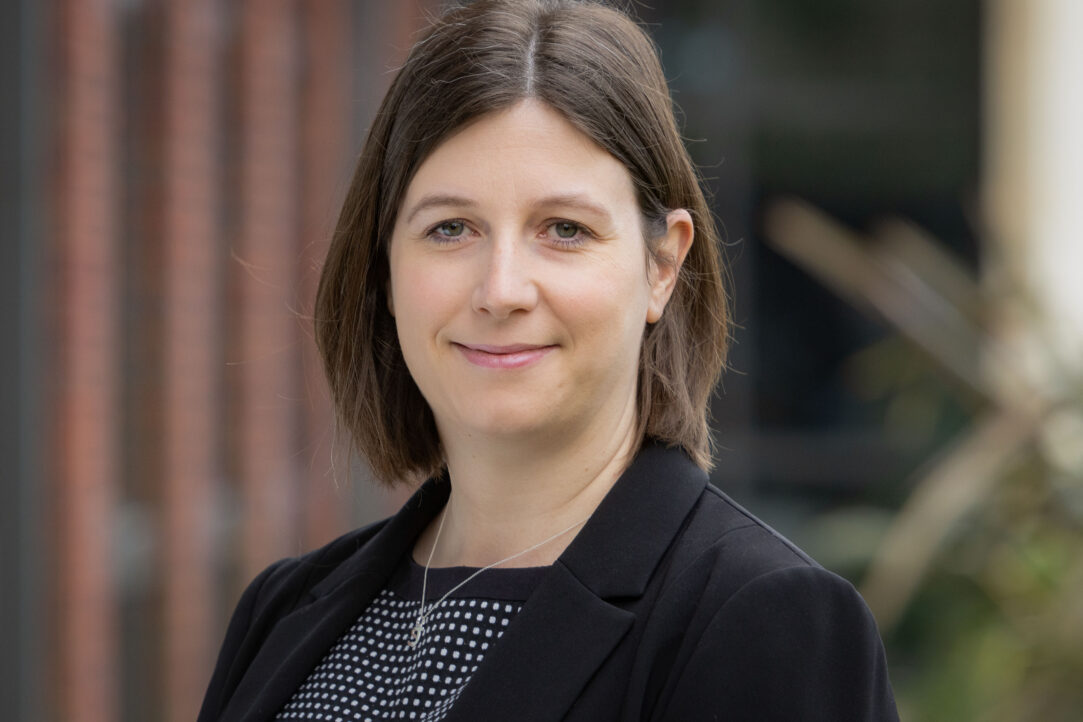Disputes are a fact of life. But with the right approach, the majority of conflicts can be resolved. Following the breakdown of your marriage, you will need to address how to divide the family wealth. Guiding you every step of the way, our experienced financial solicitors aim to achieve a fair settlement while ensuring your financial security is protected.
We will do our best to avoid lengthy or costly court involvement, preserving your family’s wealth for your family. Where resolution isn’t an option, we will fight your corner with strength and tenacity. Get in touch with our expert separation and divorce lawyers today.
Why use Trethowans?
At Trethowans, our compassionate and friendly divorce solicitors are here to help manage your legal separation or divorce. Our specialist team are trained to provide you with a variety of options to help you reach an agreement in relation to finances or long-term arrangements for your children. We have trained mediators and collaborative lawyers, as well as lawyers who are trained to advise a couple together – One Couple One Lawyer Divorce. We can help find the right option for you.
Free initial consultation
During your free consultation, one of our expert divorce lawyers will explain the process of divorce and the options that are available to you. This time also allows you to address any additional concerns you have, including financial issues.
From your free consultation right through to the end of your divorce or separation proceedings, our divorce solicitors will support, advise, and guide you.
Recognised in leading legal directories
Our services and financial solicitors are equipped to handle everything from complex cases to amicable divorce settlements. We always provide a professional and reliable service, so you always receive trustworthy and up-to-date legal advice.
‘Trethowans are the “go to” family firm in the area. They give their clients practical solutions in difficult situations Matters are always well prepared and their service is excellent.’ – Legal 500 2023
“Trethowans is a prominent firm with a robust matrimonial finance and children practice….It has extensive knowledge of property and pension assets as well as inherited wealth in the context of divorce and separation” – Chambers and Partners 2023
Resolution members adhering to the code of practice
Our divorce lawyers are members of Resolution, which follows a code of practice to ensure that your personal data and circumstances are dealt with in the most dignified and constructive manner.
Contact us to book a free consultation
For more information about how we can help manage the issues involving the breakdown of your marriage, please contact us to book a free consultation today.




























